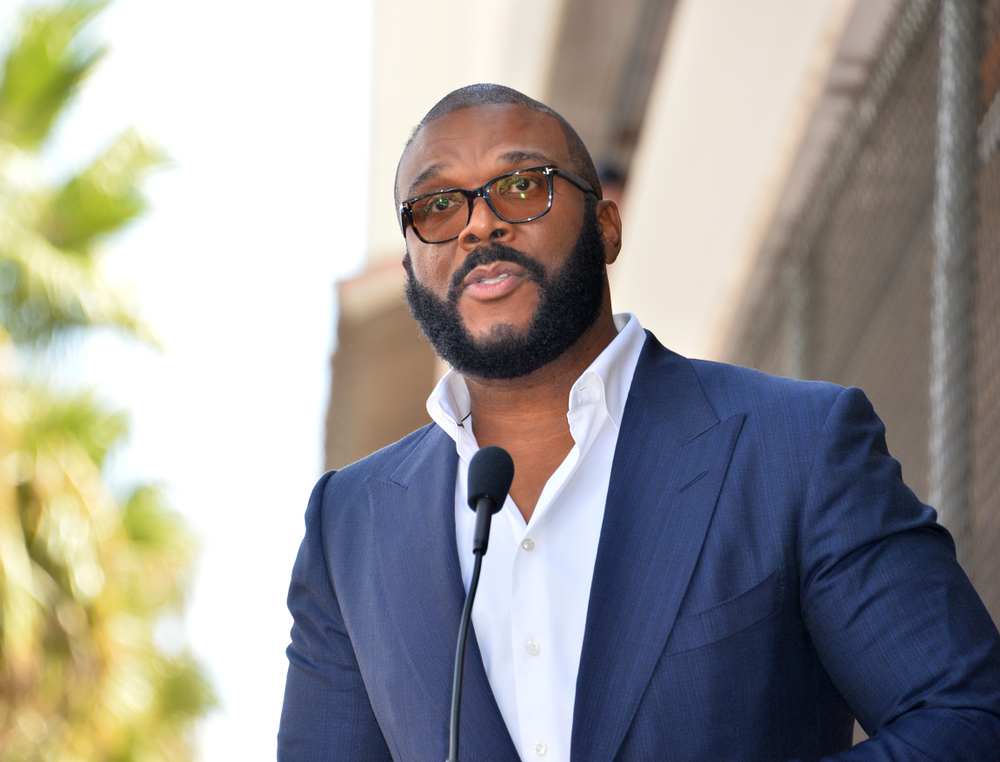Recently University of Colorado Boulder head coach and former NFL player Deion Sanders was caught in 4k describing how he assembles his offensive and defensive lines based on whether they endured a measured amount of childhood trauma or not. I’m paraphrasing here.
While describing the defensive linemen as being raised by single mothers on free lunch while white men sat back, laughed and agreed. Black people only make up 13% of the population, and while the NFL is about 67% Black, quarterbacks are only 7% Black, and quarterbacks make, on average, $7 million more than other players. There are only three Black NFL coaches, and there has never been a Black NFL team owner.
Deion Sanders asserted that the quarterback is a leadership position, hence his stringent list of childhood privileges the player must have in order to be considered for the position,—mind you — Deion’s parents were divorced when he was young, even though he was raised by his stepfather and he has been married and divorced with children, twice. I’m not sure whether or not there are allowances for things of that nature in his perfect nuclear family clause. While I doubt it is coincidental, even if it were a subconscious thing, it is hard to convince me that quarterbacks, head coaches and team owners being mostly white isn’t at least bad optically when you consider they are all in the position of authority, leadership and make more money than the majority Black team.
Nearly four out of five NFL players go bankrupt within two years of retirement, and while the NFL has the means and the resources to prepare these young players, who so many are going from rags to riches, for life after the field, they don’t. Handing a barely adult, who probably did overcome abject poverty, millions of dollars and not helping them with the resources to maintain financial stability does not give off the ‘team,’ vibe but rather allows them to flounder without guidance and resources, almost as if the players are expendable and unimportant once their careers are over. It makes one wonder if the personage of football players is even important to the NFL or their fanbase. These men break their bodies and take years off of their lives just for the entertainment of people who do not want them to talk about other difficult aspects of their lives. It is almost as if the trade-off of being rich, at least temporarily, is to ignore racism or social ills that affected their lives beforehand.
In his on-air comments, Deion Sanders suggests that his defensive line should be comprised of players who have essentially had to struggle most of their lives. Deion Sanders is fundamentally highlighting and even praising the hardships that many of these players used to fuel their escape from systemic poverty that is also caused by the same systemic racism many NFL fans choose to ignore.
If most of the players in the NFL are Black, I would bet money that most of the players in the NFL have experienced racism. We have all seen the vitriol which consumes NFL fans when their favorite player asserts himself off the field, or as boldly as Colin Kaepernick did, on the field too.
Many NFL players have survived extreme conditions just to have their same struggles mocked, ignored, or dismissed. NFL players are people on, off and after the field.








